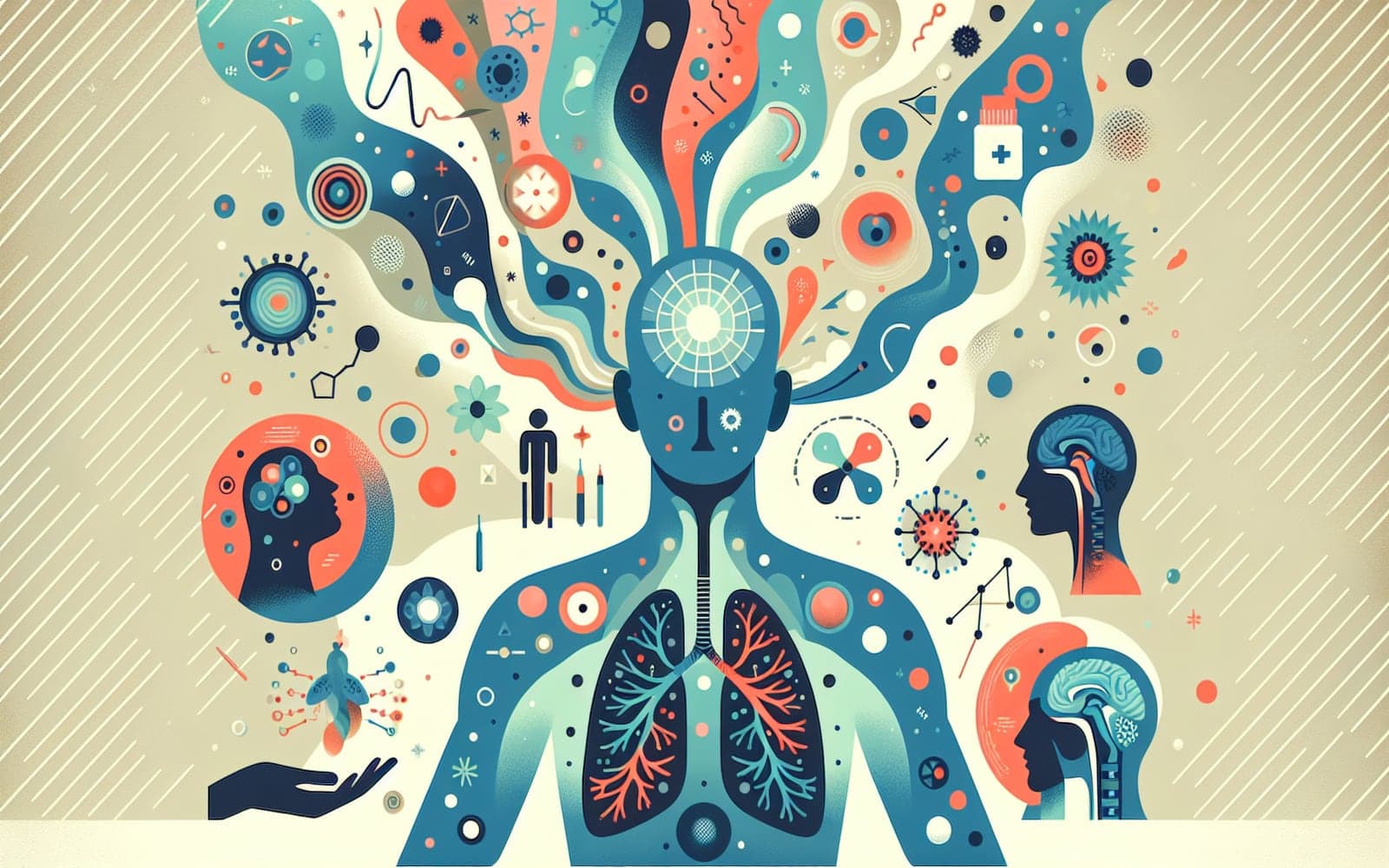Why Do We Get Hiccups?
Why Do We Get Hiccups?
The Big Picture
Hiccups are a common and usually harmless occurrence, but they can sometimes be a sign of something more serious. Let's explore what causes this involuntary reflex.
Contents
- What's Behind That 'Hic'?
- Common Triggers and Rare Causes
- Medications and Hiccups
What's Behind That 'Hic'?
Hiccups happen when there's a sudden, involuntary contraction of the diaphragm followed by a quick closure of the vocal cords, producing the characteristic 'hic' sound. This reflex involves several neural pathways, including the phrenic and vagus nerves. While most hiccups are brief, lasting less than 48 hours, prolonged episodes can be linked to irritations or disorders affecting these nerves.
Common Triggers and Rare Causes
For most people, hiccups are triggered by common, non-threatening factors such as overeating, consuming carbonated drinks, or sudden excitement. However, persistent hiccups lasting more than 48 hours might be due to medical issues like nerve irritation, GERD, or in rare cases, more serious conditions involving the central nervous system. Identifying the underlying cause is key to addressing prolonged hiccups.

Medications and Hiccups
Certain medications can also induce hiccups, likely through their effects on the central nervous system or nerves involved in the hiccup reflex. Drugs such as dexamethasone and some cancer treatments have been linked to this phenomenon. Adjusting or switching medications often helps resolve the issue.
FAQs
What causes most hiccups?
Most hiccups are caused by overeating, carbonated drinks, or excitement.
Can medications cause hiccups?
Yes, medications like dexamethasone can trigger hiccups.
Are hiccups ever serious?
Persistent hiccups over 48 hours may indicate a serious condition.
How long do typical hiccups last?
Typical hiccups last less than 48 hours.
Key Takeaways
Understanding the cause of hiccups can help in addressing persistent cases effectively.
Additional References
- Calsina-Berna A, García-Gómez G, González-Barboteo J, Porta-Sales J. Treatment of chronic hiccups in cancer patients: a systematic review. J Palliat Med 2012; 15:1142.
- Souadjian JV, Cain JC. Intractable hiccup. Etiologic factors in 220 cases. Postgrad Med 1968; 43:72.
- Cabane J, Desmet V, Derenne JP, et al. [Chronic hiccups]. Rev Med Interne 1992; 13:454.
This article has been reviewed for accuracy by one of the licensed medical doctors working for Doctronic.











